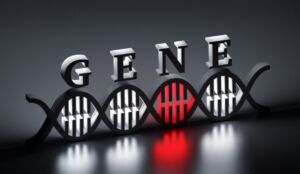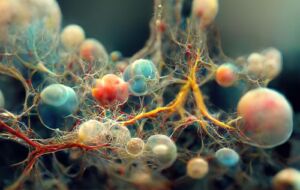Cell growth refers to the increase in cell size while cell division describes the division of a mother cell into two daughter cells. Numerous genes are involved in the control of cell growth and division.
The cell cycle is the systematic process of cell growth and division. The genes monitor this process and ensure that:
- The DNA of the cell which is undergoing division is controlled properly.
- Any errors in the DNA are repaired during the process of division.
- Each daughter cell receives a full set of chromosomes.
The cell cycle has certain checkpoints known as restriction points, which allows certain genes to monitor for problems and halt the cycle if any problems are detected
Did you know?
If there is an irreparable defect in the cell’s DNA, the cells can destroy themselves. This process is called apoptosis or programmed cell death. This is an innate mechanism which takes place all the time in our body to get rid of the damaged or dead cells.
Cells that undergo apoptosis are recycled by a type of white blood cell called macrophage. Apoptosis protects the body from harmful diseases like cancer by removing damaged cells. Apoptosis is also important in the immune system, and plays significant roles in the control of the immune response.




